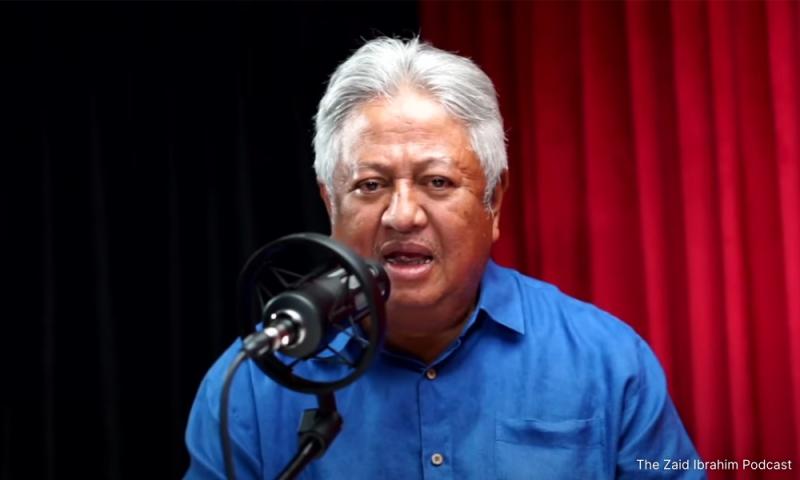I refer to the recent memorandum submitted by a blogger and his supporters to the Minister for Education in which they ask that the ‘menace of vernacular schools be totally eliminated' from Malaysia.
What were their reasons for this request? In their memorandum they claim to believe that ‘...a strongly united Bangsa Malaysia will never be achieved as long as the menace of vernacular schools (national-type schools or SJK) exists on Malaysian soil (my translation)'
They also claim that vernacular schools (in their words a ‘divisive social cancer') are the reason why some Malaysians are ‘unpatriotic', harbour ‘anti-Malaysian' attitudes and are ‘subversive' and ‘traitorous'.
What would you have to do to qualify as ‘unpatriotic', being ‘anti-Malaysian', etc. in their books? Not very much. Amongst other things, you would qualify by:
- promoting Mandarin and Tamil (which they refer to as ‘foreign languages') in Malaysia. They believe doing this is against our federal constitution and;
- ‘over-exaggerating' the contributions of immigrants in the formation and development of Malaysia
In the memorandum, this blogger and his friends also state their belief that the languages and cultures of Malaysian minorities must be removed from all national and public roles and confined to private community matters only, because, as they claim, that is what our federal constitution requires.
How did they arrive at their characterisation of Malaysians who were educated at vernacular schools? Reading their blog, their beliefs seem to be based not on objective data, but on anecdotes, racial prejudice and stereotypes. One such a stereotype that they employ is this:
‘These functional illiterates end up as a cheap source of semi-indentured labour in the motor workshops, auto accessory shops, in the building trades, sleazy unisex salons, become ‘cetak rompak' aficionados, stalk shopping malls to harass shoppers with a myriad of worthless gizmos and, in the case of many if not most Tamil-educated Indians, become low-wage general workers, lorry drivers and assorted hired hands for the tow kay.'
So, are Malaysians educated in vernacular schools really unpatriotic and anti-Malaysian, as he would have us believe? Let's look at some data. Recently, the Merdeka Center for Opinion Research conducted an opinion poll, the National Youth Survey 2008.
In it, a total of 2,518 randomly selected Malaysian youth between the ages of 20 and 35 were interviewed by telephone about their perceptions of lifestyle, current issues, values, politics, and their own levels of civic and social involvement. Here, I would like to highlight just one interesting finding from that poll.
As part of of the questions used to gauge the respondents' social values, they were asked to complete following question:
‘If you can only choose one identity, would you say that you are...?'
The results are that 43% of those polled chose to identify themselves as Malaysians first. This is not surprising as we Malaysians are not amongst the most patriotic people in the world.
What is interesting, however, is what we see when those results are further analysed by looking at which type of school respondents went to. A total of 52% of the respondents who went to a Chinese school chose Malaysian as their identity while 39% and 37% of those who went to national and Tamil vernacular schools respectively, also identified themselves as Malaysians first.
So, what are the obstacles to a united Bangsa Malaysia? Clearly, not vernacular schools per se. To answer that question truthfully will take lots of soul-searching, reflection and honest conversation among Malaysians.
However, I'm willing to say that intolerance, racism and chauvinism will figure prominently on that list. I'm also willing to say that it is those three attributes that drive the above-mentioned blogger and his friends.
The next time he comes across someone in the ‘building trades' or is a ‘low wage general worker', I suggest that he pause and think hard before calling them unpatriotic and anti-Malaysian. For all he knows, in that person could beat the heart of a truer Malaysian.




